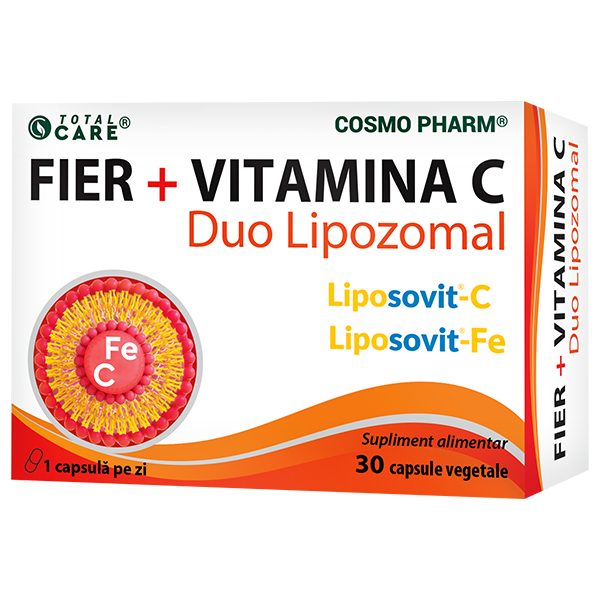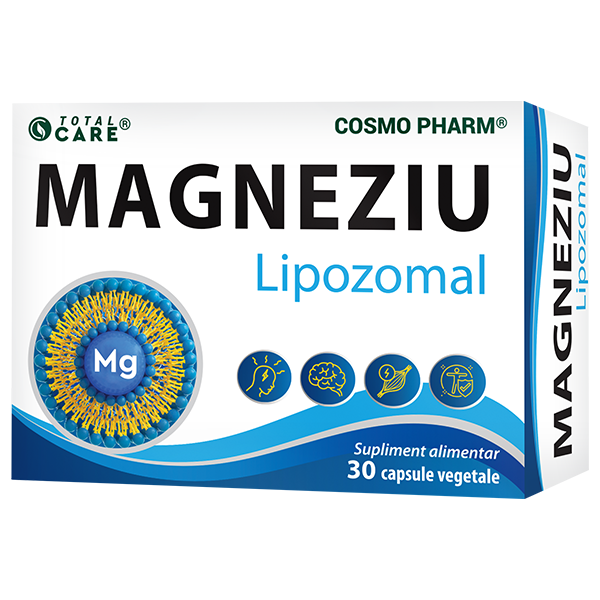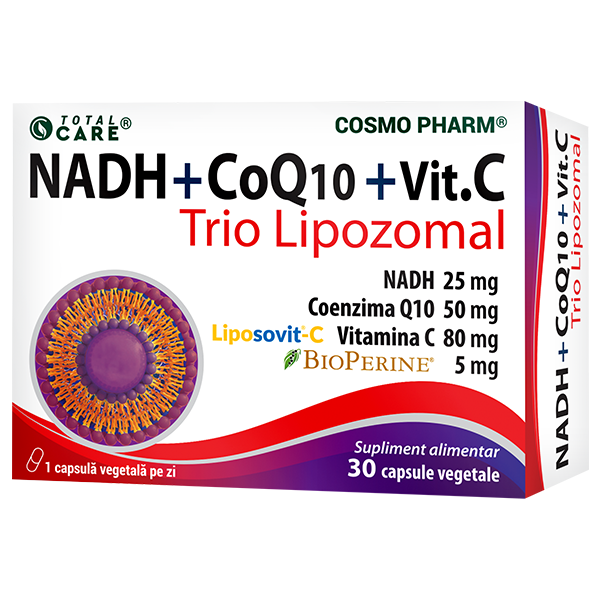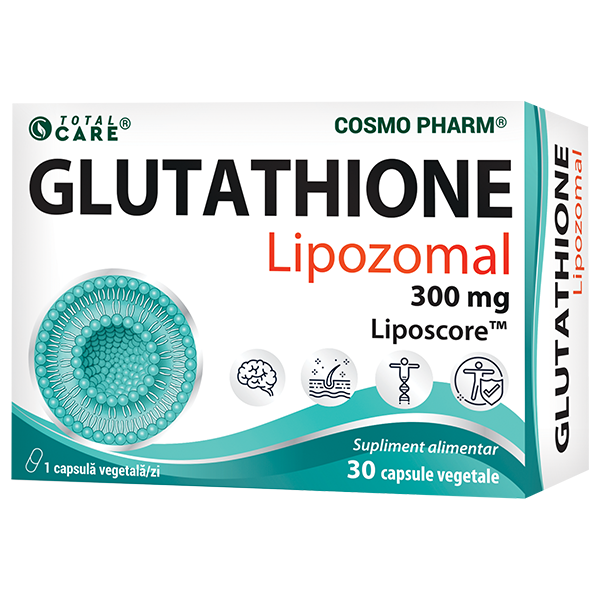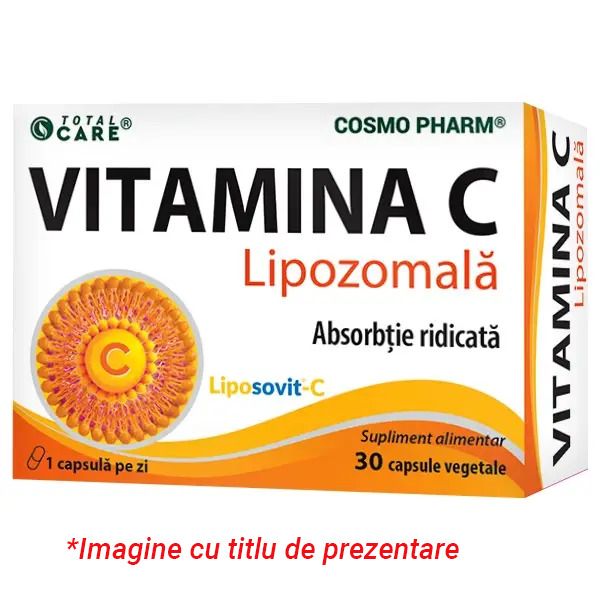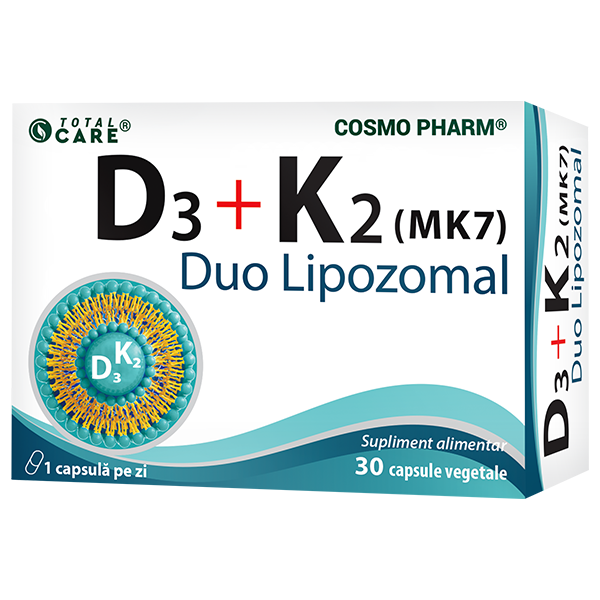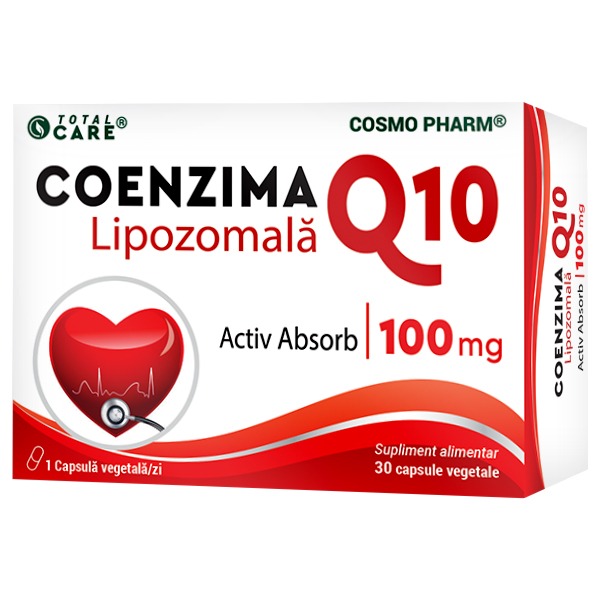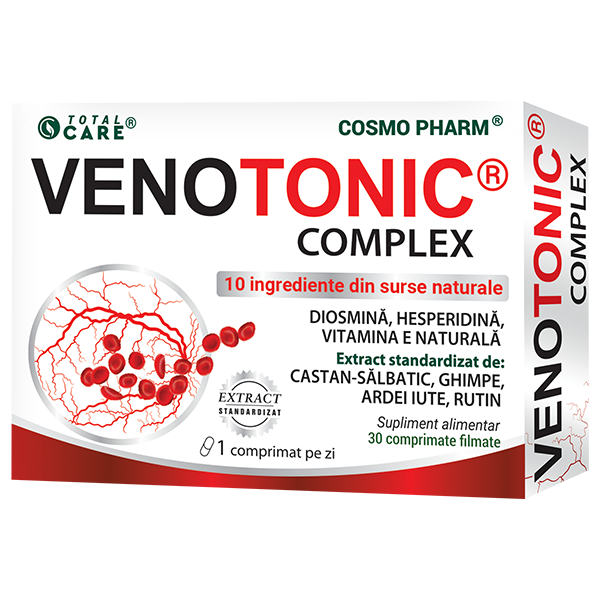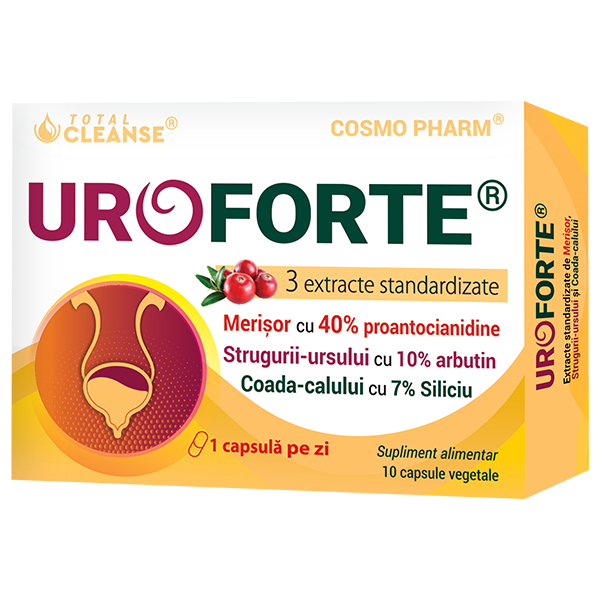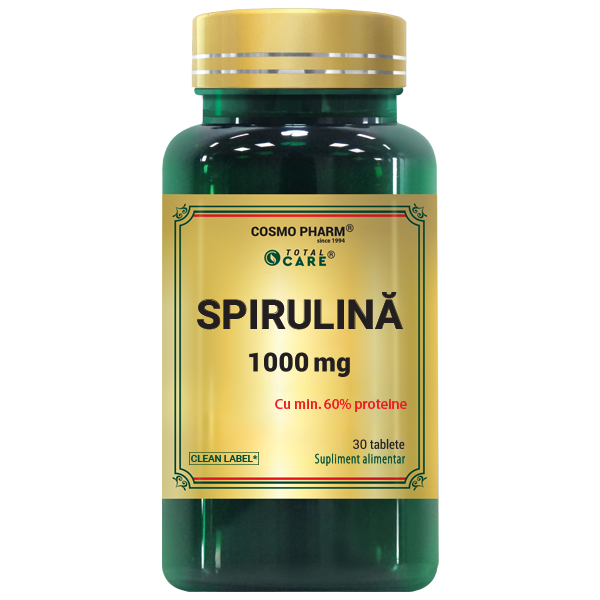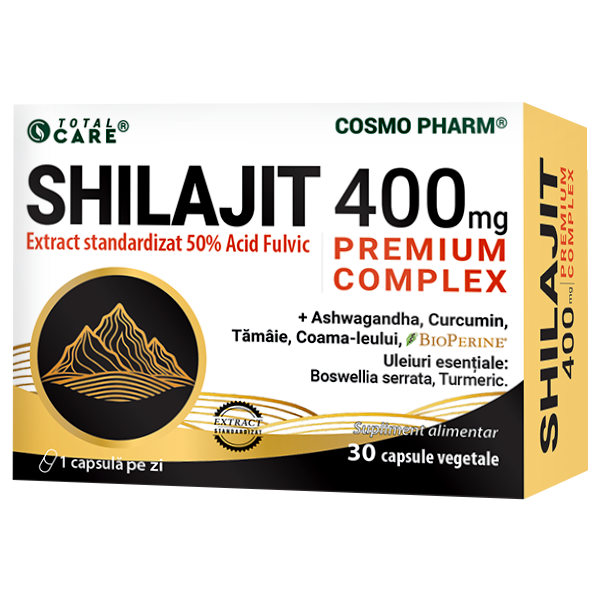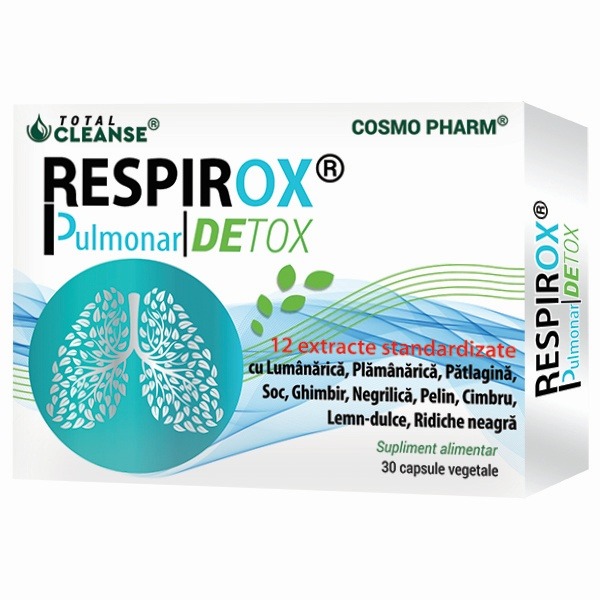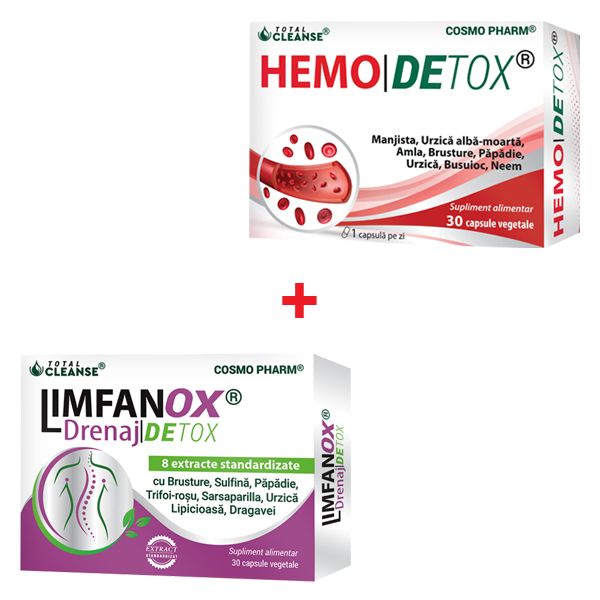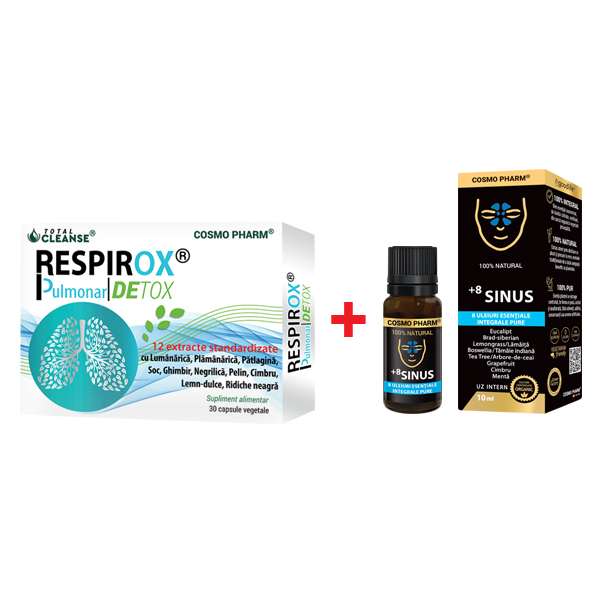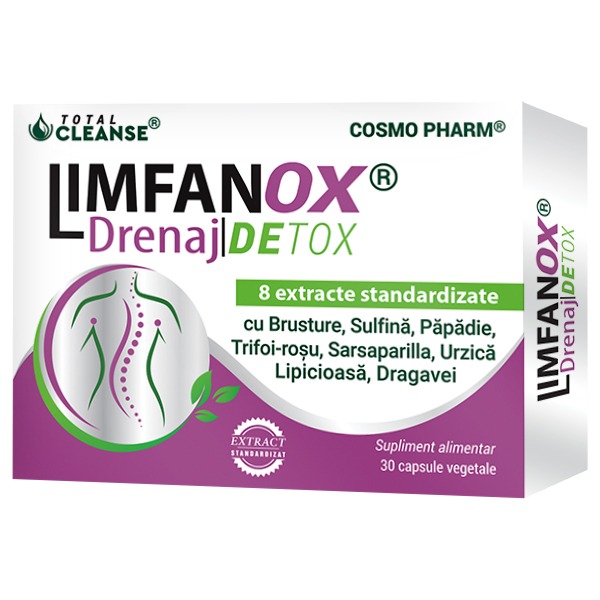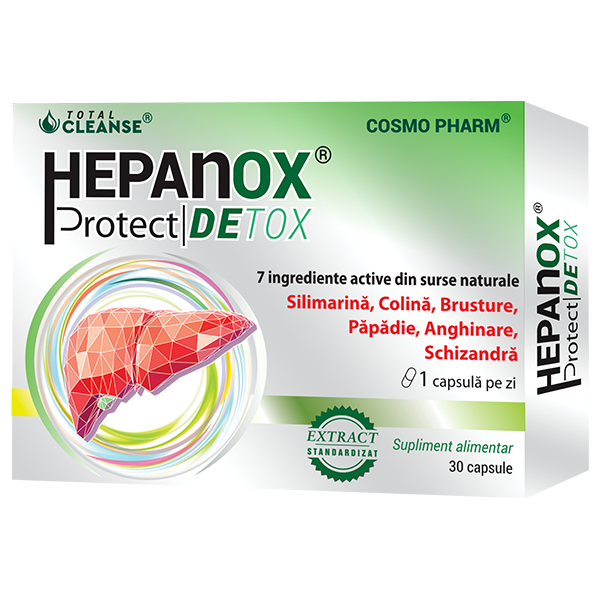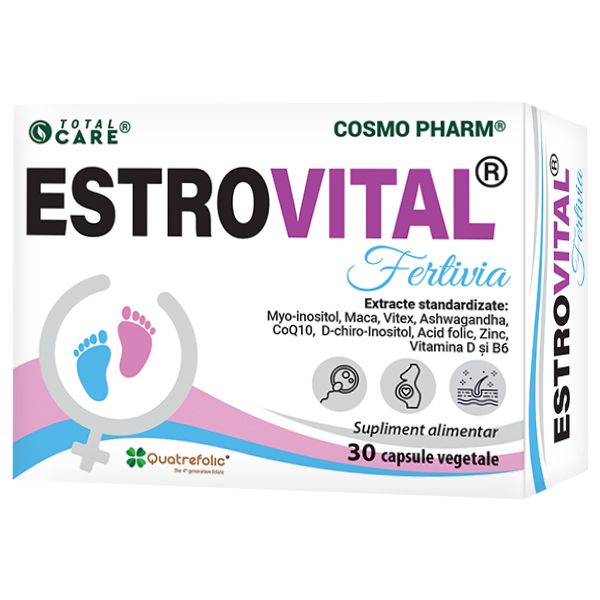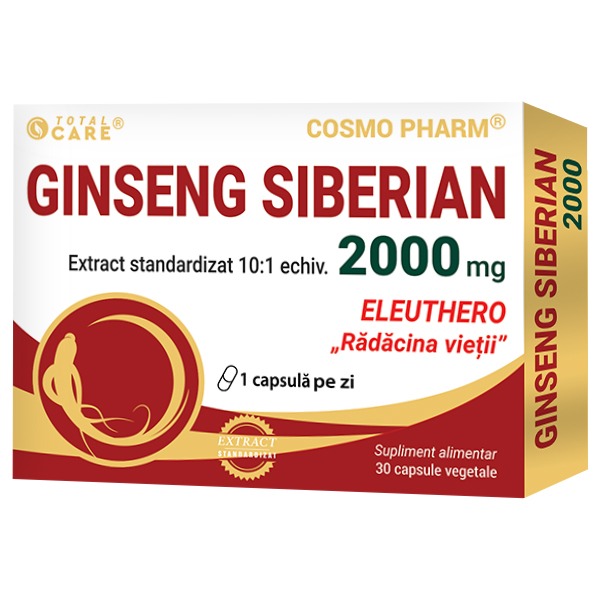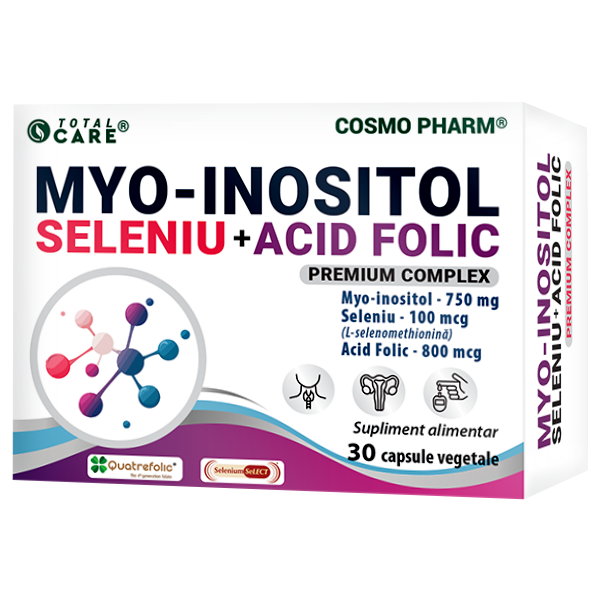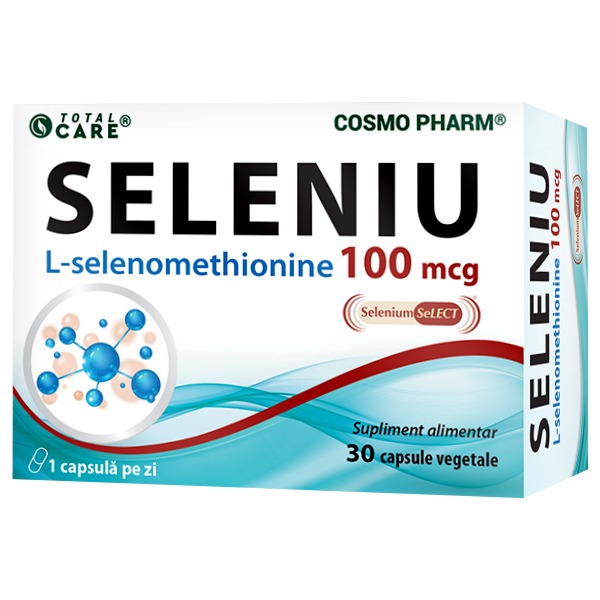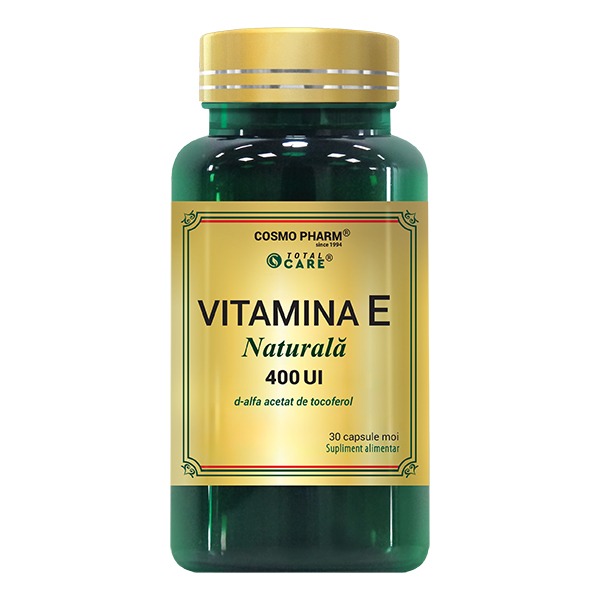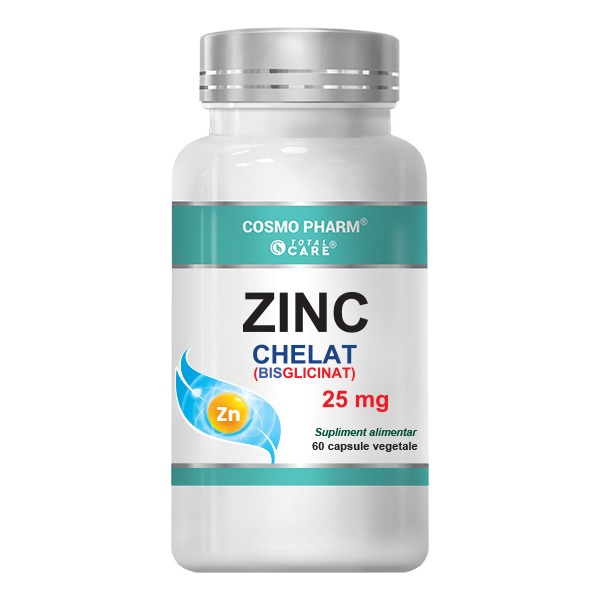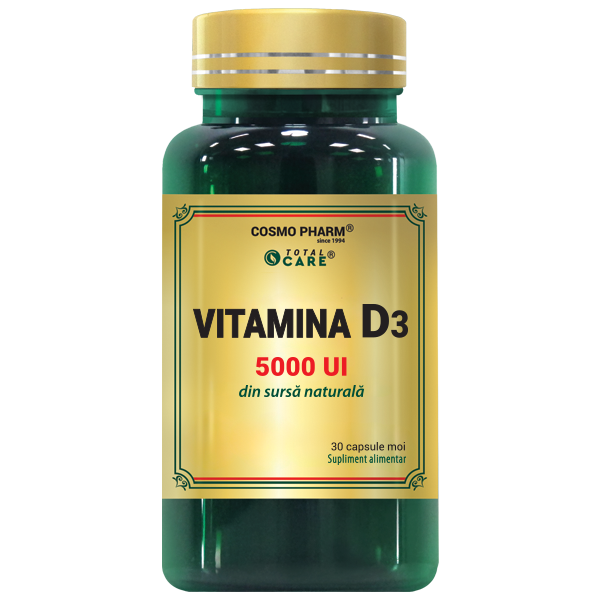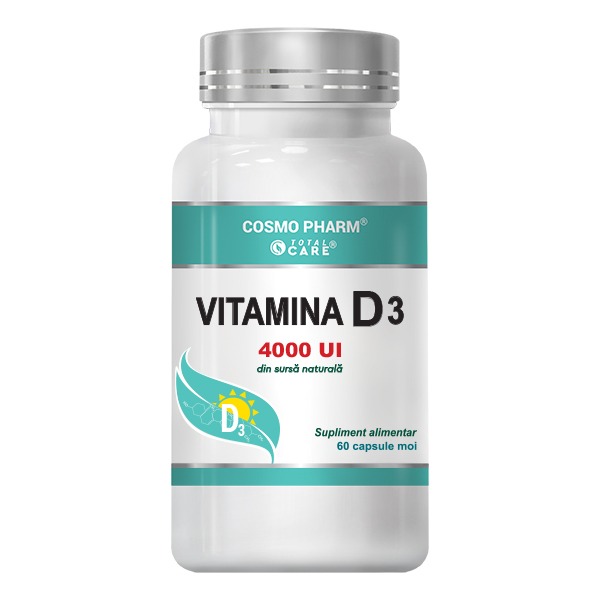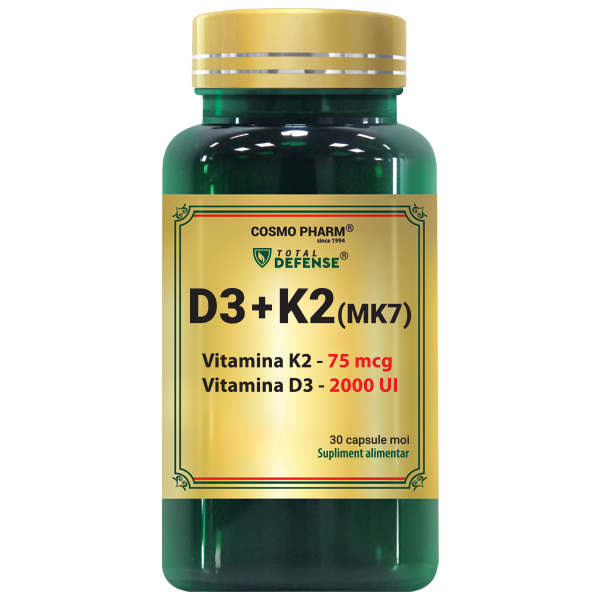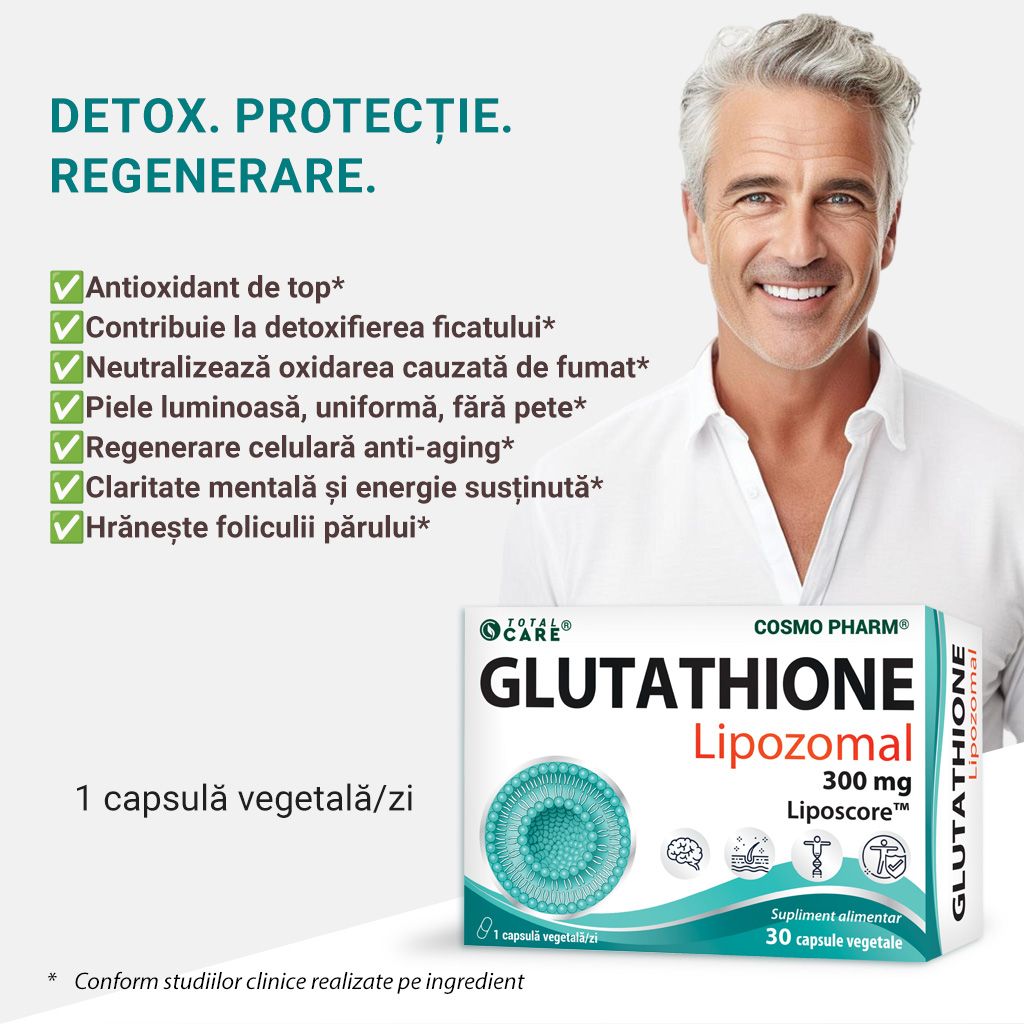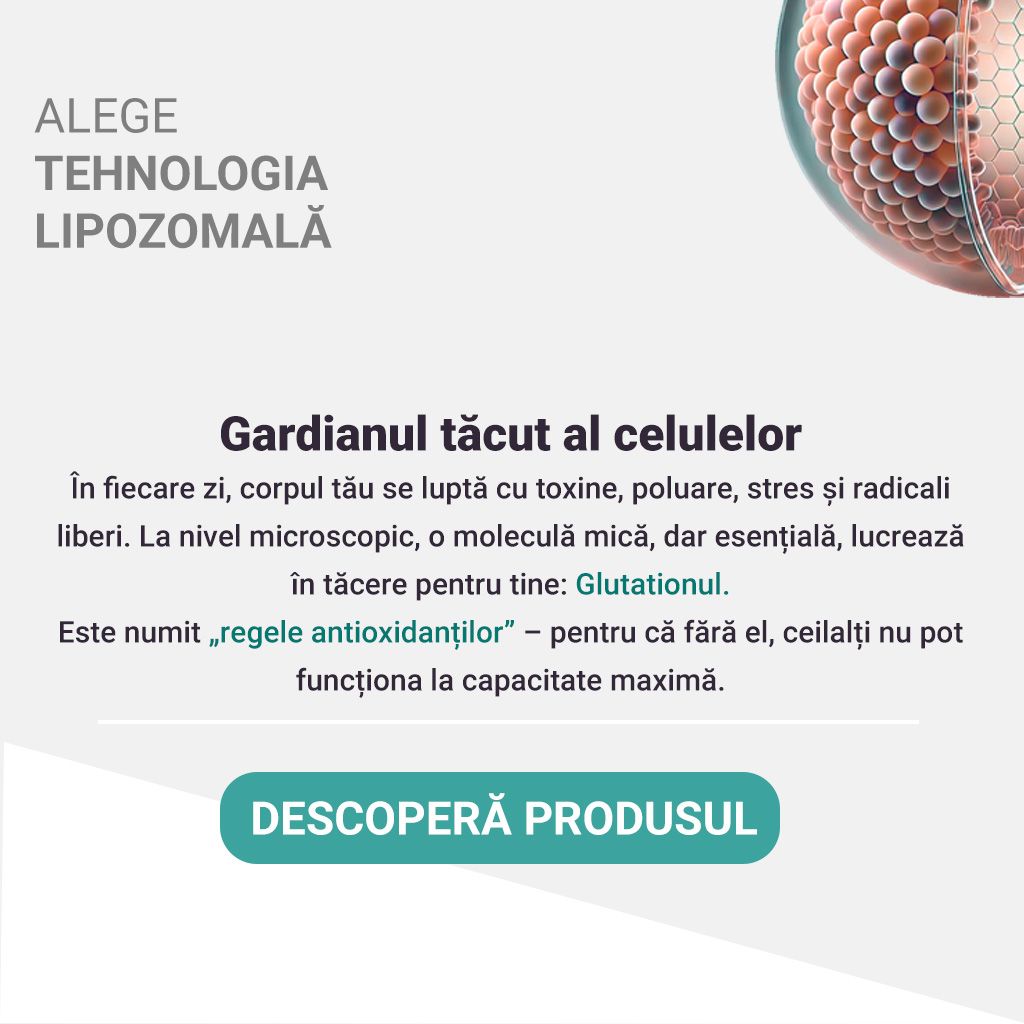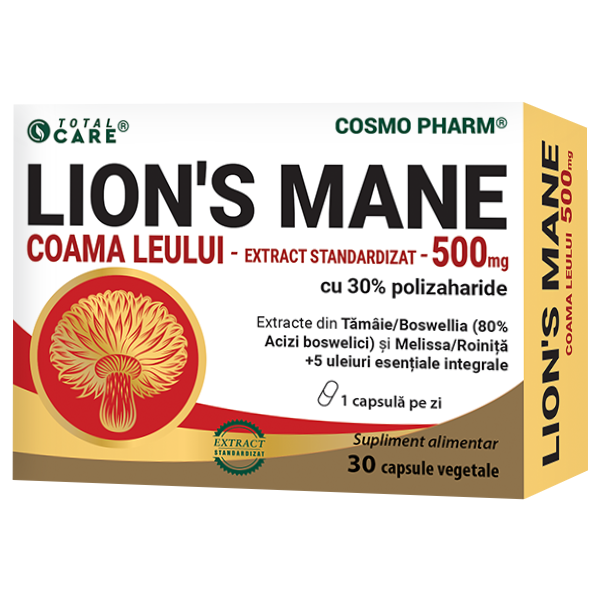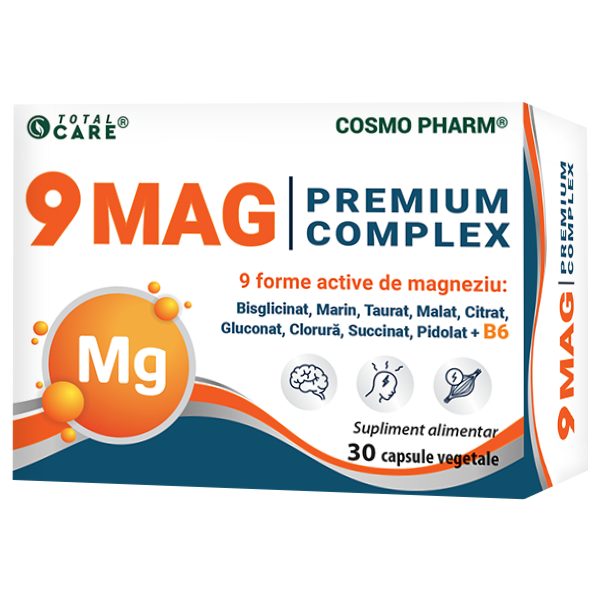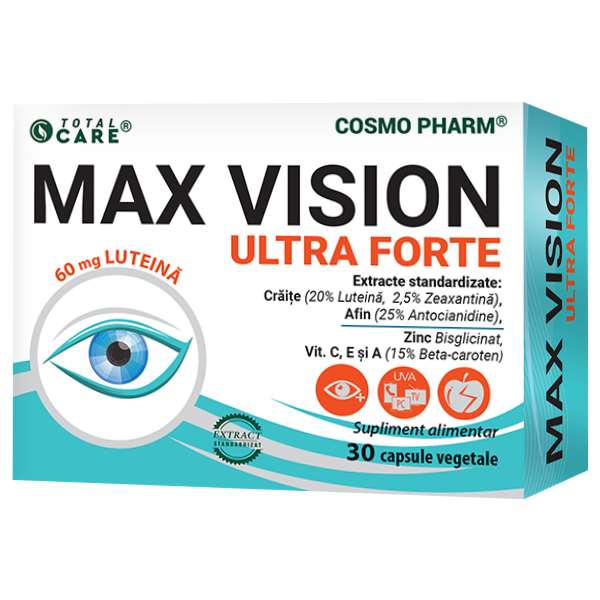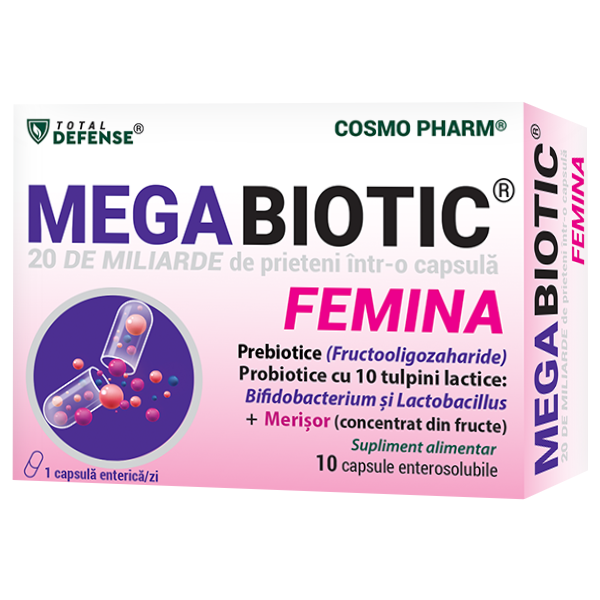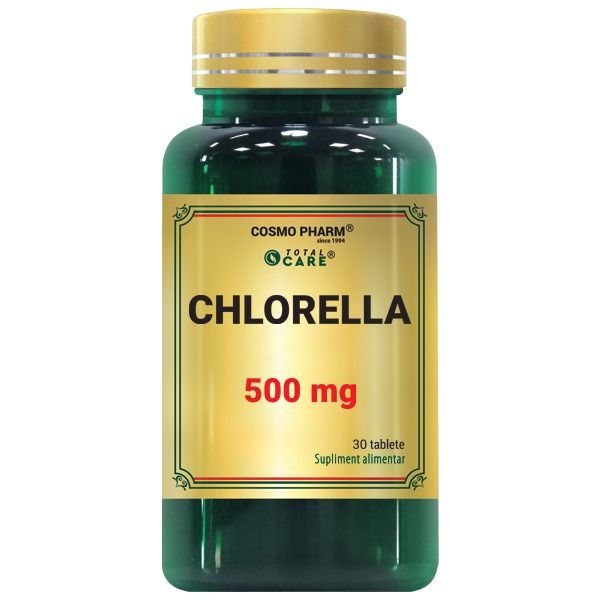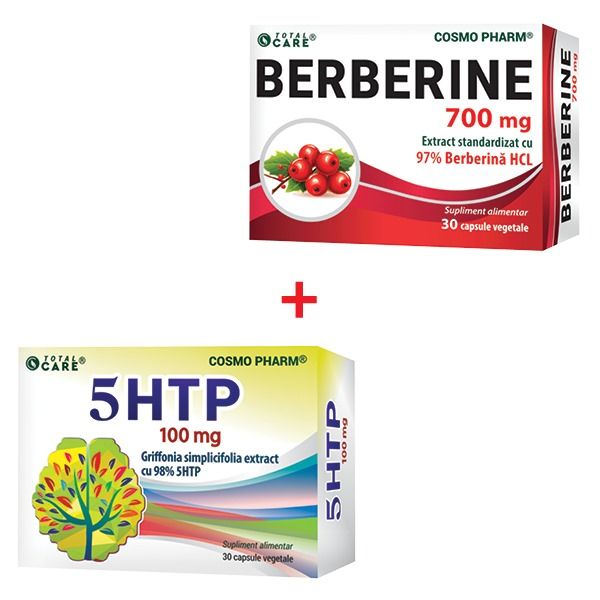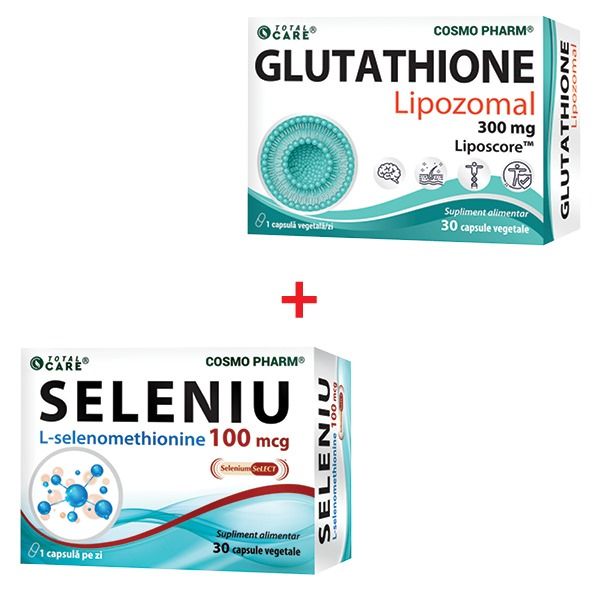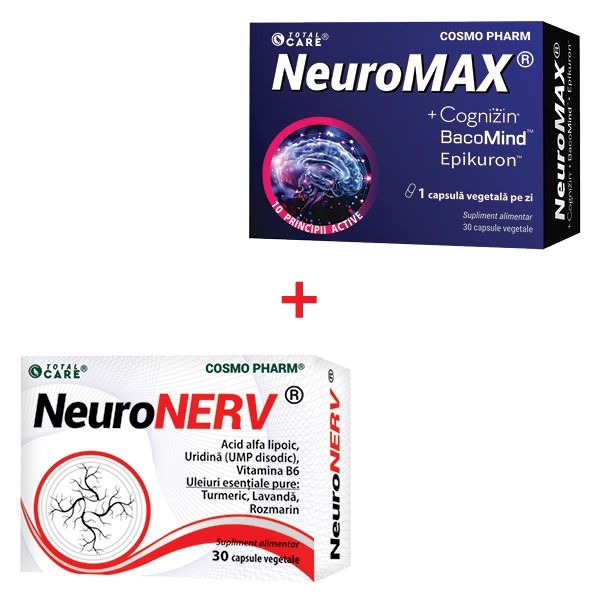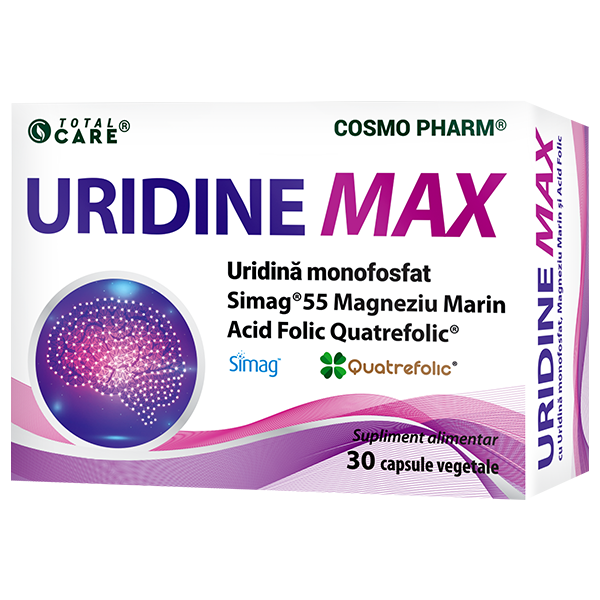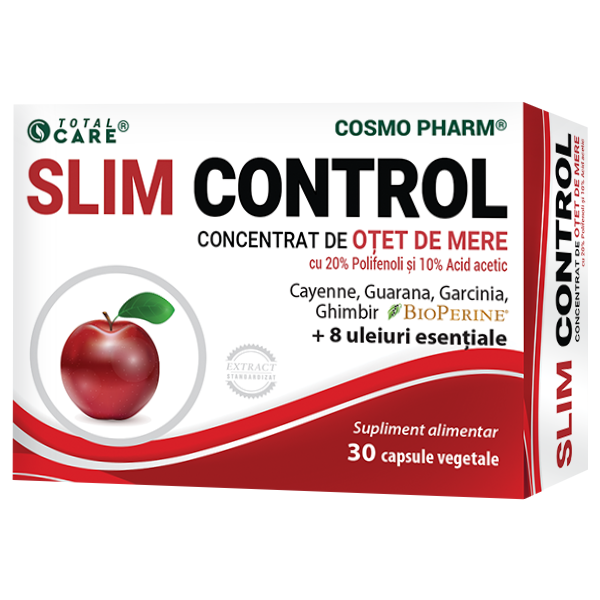Cele mai cumpărate
FIER + VITAMINA C DUO LIPOZOMAL
99.82 leiPrețul inițial a fost: 99.82 lei.69.87 leiPrețul curent este: 69.87 lei.Magneziu Lipozomal pentru absorbtie maxima
83.49 leiPrețul inițial a fost: 83.49 lei.75.14 leiPrețul curent este: 75.14 lei.NADH + COENZIMA Q10 + VITAMINA C – Trio Lipozomal
111.32 leiPrețul inițial a fost: 111.32 lei.77.92 leiPrețul curent este: 77.92 lei.GLUTATHIONE LIPOZOMAL 300 mg
112.53 leiPrețul inițial a fost: 112.53 lei.78.77 leiPrețul curent este: 78.77 lei.Vitamina C Lipozomala Liposovit-C – pana la 1000 mg administrare zilnica
95.59 leiPrețul inițial a fost: 95.59 lei.66.91 leiPrețul curent este: 66.91 lei.Vitamina D3 K2 Lipozomala – absorbtie ridicata
56.87 leiPrețul inițial a fost: 56.87 lei.39.81 leiPrețul curent este: 39.81 lei.COENZIMA Q10 Lipozomală
116.16 leiPrețul inițial a fost: 116.16 lei.81.31 leiPrețul curent este: 81.31 lei.Venotonic Complex Pentru Varice, Hemoroizi, Ulcere Varicoase
62.92 leiPrețul inițial a fost: 62.92 lei.44.04 leiPrețul curent este: 44.04 lei.UROFORTE® Extract de Merisor Pentru Infectii Urinare
32.66 leiPrețul inițial a fost: 32.66 lei.22.87 leiPrețul curent este: 22.87 lei.Shilajit PREMIUM COMPLEX
49.61 leiPrețul inițial a fost: 49.61 lei.44.65 leiPrețul curent este: 44.65 lei.RESPIROX Pulmonar DETOX® | Regenereaza, Detoxifica
59.29 leiPrețul inițial a fost: 59.29 lei.41.50 leiPrețul curent este: 41.50 lei.PACHET Picioare usoare – Circulatie periferica, retentie de apa
107.91 leiPrețul inițial a fost: 107.91 lei.75.54 leiPrețul curent este: 75.54 lei.Pachet Picioare Umflate – Curata Limfa, Elimina Apa
117.38 leiPrețul inițial a fost: 117.38 lei.82.17 leiPrețul curent este: 82.17 lei.PACHET LAX & CLEANSE – LAXATIV NATURAL SI DETOX COLON
97.40 leiPrețul inițial a fost: 97.40 lei.68.18 leiPrețul curent este: 68.18 lei.Pachet DETOX TOTAL
100.44 leiPrețul inițial a fost: 100.44 lei.70.31 leiPrețul curent este: 70.31 lei.Pachet AirFree
107.69 leiPrețul inițial a fost: 107.69 lei.75.38 leiPrețul curent este: 75.38 lei.LIMFANOX Drenaj DETOX® Capsule Drenaj Sistem Limfatic
60.51 leiPrețul inițial a fost: 60.51 lei.42.35 leiPrețul curent este: 42.35 lei.Hepanox Protect Detox – Protectie Ficat, 30 Capsule
63.53 leiPrețul inițial a fost: 63.53 lei.44.47 leiPrețul curent este: 44.47 lei.





Promoții
ESTROVITAL® FERTIVIA
72.60 leiPrețul inițial a fost: 72.60 lei.65.34 leiPrețul curent este: 65.34 lei.GINSENG SIBERIAN 2000 mg
49.61 leiPrețul inițial a fost: 49.61 lei.34.72 leiPrețul curent este: 34.72 lei.Myo-Inositol + Seleniu + Acid Folic PREMIUM COMPLEX
49.61 leiPrețul inițial a fost: 49.61 lei.44.65 leiPrețul curent este: 44.65 lei.SELENIUM SELECT®
22.99 leiPrețul inițial a fost: 22.99 lei.16.09 leiPrețul curent este: 16.09 lei.VITAMINA E Naturala D-alpha Tocoferol Capsule
68.97 leiPrețul inițial a fost: 68.97 lei.48.28 leiPrețul curent este: 48.28 lei.Zinc Bisglicinat (chelat) 25 mg biodisponibilitate ridicata
30.25 leiPrețul inițial a fost: 30.25 lei.21.17 leiPrețul curent este: 21.17 lei.Zinc Bisglicinat (chelat) 25 mg biodisponibilitate ridicata
30.25 leiPrețul inițial a fost: 30.25 lei.21.17 leiPrețul curent este: 21.17 lei.VITAMINA E Naturala D-alpha Tocoferol Capsule
68.97 leiPrețul inițial a fost: 68.97 lei.48.28 leiPrețul curent este: 48.28 lei.Vitamina D3 K2 Lipozomala – absorbtie ridicata
56.87 leiPrețul inițial a fost: 56.87 lei.39.81 leiPrețul curent este: 39.81 lei.VITAMINA D3 5000 UI
25.41 lei – 42.35 leiInterval de prețuri: 25.41 lei până la 42.35 leiVitamina D3 4000 UI, 60 capsule Cosmo Pharm®
55.06 leiPrețul inițial a fost: 55.06 lei.38.54 leiPrețul curent este: 38.54 lei.Vitamina D3 2000 UI + K2 (MK-7)
27.95 lei – 50.82 leiInterval de prețuri: 27.95 lei până la 50.82 leiTransport gratuit
la comenzi de peste 150 leiOferte zilnice
cu reduceri până la 30%Retur gratuit
în 30 de zilePlătește în siguranță
on-line cu card bancarBonus special
pentru abonații la newsletterNou în portofoliu
LION’S MANE – Coama-Leului PREMIUM COMPLEX – standardizat la min. 30% Polizaharide
49.61 leiPrețul inițial a fost: 49.61 lei.44.65 leiPrețul curent este: 44.65 lei.Shilajit PREMIUM COMPLEX
49.61 leiPrețul inițial a fost: 49.61 lei.44.65 leiPrețul curent este: 44.65 lei.VITAMINA D3 5000 UI
25.41 lei – 42.35 leiInterval de prețuri: 25.41 lei până la 42.35 leiVitamina D3 2000 UI + K2 (MK-7)
27.95 lei – 50.82 leiInterval de prețuri: 27.95 lei până la 50.82 lei9 MAG PREMIUM COMPLEX®
49.61 leiPrețul inițial a fost: 49.61 lei.44.65 leiPrețul curent este: 44.65 lei.MEGABIOTIC® FEMINA 20 Miliarde de Prieteni într-o capsula
44.77 leiPrețul inițial a fost: 44.77 lei.31.34 leiPrețul curent este: 31.34 lei.Pachet Control Apetit – Berberina 700 mg + 5 HTP 100 mg
128.62 leiPrețul inițial a fost: 128.62 lei.102.90 leiPrețul curent este: 102.90 lei.Esențial Redox Protect – GLUTATHIONE 300 30 CPS + SELENIU 10 MCG 30 CPS
122.08 leiPrețul inițial a fost: 122.08 lei.85.46 leiPrețul curent este: 85.46 lei.Pachet NeuroSuport Total
206.94 leiPrețul inițial a fost: 206.94 lei.144.86 leiPrețul curent este: 144.86 lei.FIER + VITAMINA C DUO LIPOZOMAL
99.82 leiPrețul inițial a fost: 99.82 lei.69.87 leiPrețul curent este: 69.87 lei.Vitamina D3 K2 Lipozomala – absorbtie ridicata
56.87 leiPrețul inițial a fost: 56.87 lei.39.81 leiPrețul curent este: 39.81 lei.Sari la conținutVITAMINA D3 5000 UI
25.41 lei – 42.35 leiInterval de prețuri: 25.41 lei până la 42.35 leiVitamina D3 2000 UI + K2 (MK-7)
27.95 lei – 50.82 leiInterval de prețuri: 27.95 lei până la 50.82 leiVitamina C Lipozomala Liposovit-C – pana la 1000 mg administrare zilnica
95.59 leiPrețul inițial a fost: 95.59 lei.66.91 leiPrețul curent este: 66.91 lei.Shilajit PREMIUM COMPLEX
49.61 leiPrețul inițial a fost: 49.61 lei.44.65 leiPrețul curent este: 44.65 lei.SELENIUM SELECT®
22.99 leiPrețul inițial a fost: 22.99 lei.16.09 leiPrețul curent este: 16.09 lei.RESPIROX Pulmonar DETOX® | Regenereaza, Detoxifica
59.29 leiPrețul inițial a fost: 59.29 lei.41.50 leiPrețul curent este: 41.50 lei.![Acasă]()
Alege din peste
160 de produse
![Acasă]()
De ce să alegi
COSMO PHARM![Acasă]() Formule cu biodisponibilitatea maximă, pentru efecte cât mai rapide, cu doar 1-2 capsule pe zi.
Formule cu biodisponibilitatea maximă, pentru efecte cât mai rapide, cu doar 1-2 capsule pe zi.![Acasă]() Extracte standardizate care garantează aceeași eficiență a produsului indiferent de loc.
Extracte standardizate care garantează aceeași eficiență a produsului indiferent de loc.![Acasă]() Ingrediente din culturi certificate organic, de la cei mai mari producători mondiali de materie primă din domeniu.
Ingrediente din culturi certificate organic, de la cei mai mari producători mondiali de materie primă din domeniu.![Acasă]() Suplimente alimentare dezvoltate în laborator de cercetare la cele mai avansate standarde în domeniu.
Suplimente alimentare dezvoltate în laborator de cercetare la cele mai avansate standarde în domeniu.![Acasă]() Produse potrivite pentru vegetarieni, fără alergeni, conservanți, coloranți, arome artificiale, zahăr, sodiu, grău/gluten, ouă și lactate.
Produse potrivite pentru vegetarieni, fără alergeni, conservanți, coloranți, arome artificiale, zahăr, sodiu, grău/gluten, ouă și lactate.![Acasă]() Unitate de producție complet auto sustenabilă, prietenoasă cu mediul înconjurător si ambalaje din materiale reciclabile.
Unitate de producție complet auto sustenabilă, prietenoasă cu mediul înconjurător si ambalaje din materiale reciclabile.Sfatul specialistului
![Acasă]()
![Acasă]()
ABONEAZĂ-TE LA NEWSLETTER
ȘI PRIMEȘTI INSTANT10% DISCOUNT*
* Reducerea se poate cumula cu alte oferte.
![Acasă]()


